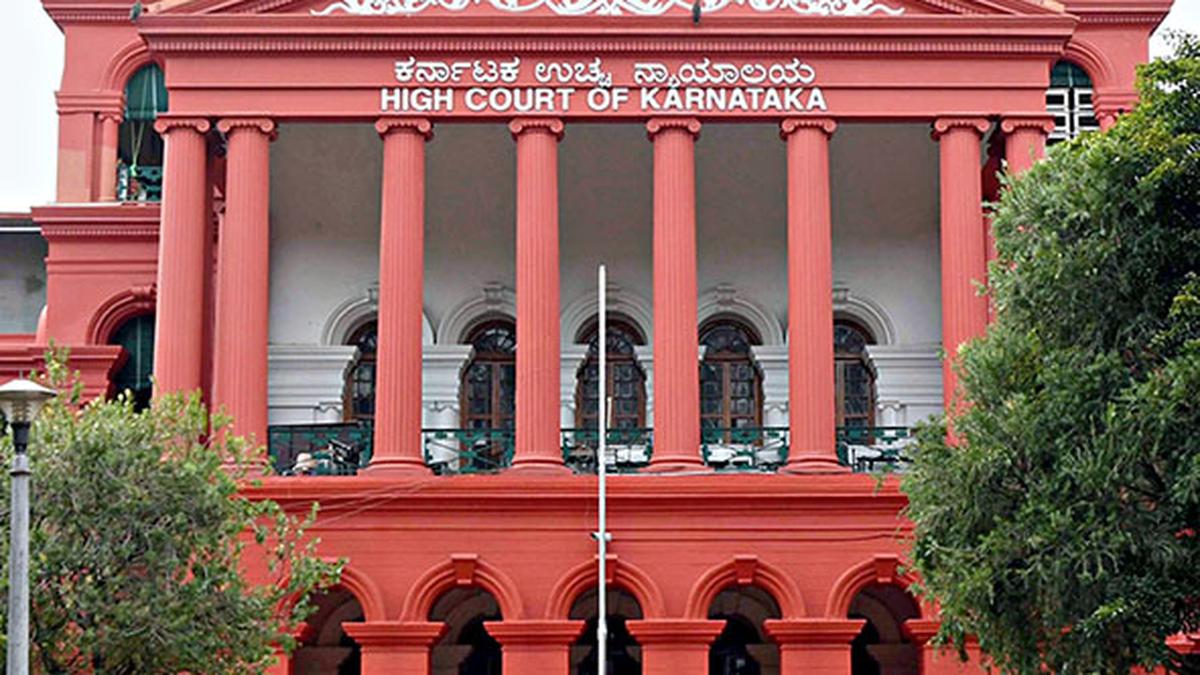Now Reading: Karnataka HC: Temple Sanctity Unaffected by Nearby Slum Residents
-
01
Karnataka HC: Temple Sanctity Unaffected by Nearby Slum Residents
Karnataka HC: Temple Sanctity Unaffected by Nearby Slum Residents

Quick Summary:
- The Karnataka High Court ruled that the presence of slum dwellers near a temple does not compromise the sanctity or serenity of the religious site.
- Justice M. Nagaprasanna dismissed a petition from devotees of Kalikamba temple in Mandya opposing the declaration of adjacent land as a slum under the karnataka Slum Areas (Enhancement and Clearance) Act, 1973.
- The court criticized arguments by Kalikamba Seva Samiti claiming that slum dwellers’ proximity to the temple eroded its sacredness and offended religious sentiments.
- Justice Nagaprasanna called such assertions discriminatory, rooted in prejudice and exclusion, which threaten societal harmony.
- Emphasizing constitutional equality, he stated that all citizens-irrespective of economic status-hold equal worth and dignity. He further rejected hierarchical distinctions among Indians based on caste, class, or creed.
Indian Opinion Analysis:
The High Court’s ruling reaffirms India’s constitutional commitment to equality for all citizens regardless of socioeconomic status. By emphasizing inclusivity over exclusionary practices tied to class or caste prejudices, it challenges entrenched social divides and aligns with broader human rights principles enshrined in national governance.This decision also highlights how public policy frameworks like the Karnataka Slum areas Act navigate tensions between development initiatives and community sensitivities.
For India as a democratic nation striving for equitable growth, this case underscores critical principles: dignity must remain paramount for marginalized groups while cultural institutions adapt without fostering division. It brings into focus societal attitudes toward urban poverty alongside constitutional ideals-a conversation vital for lasting progress.
Read More: link






















